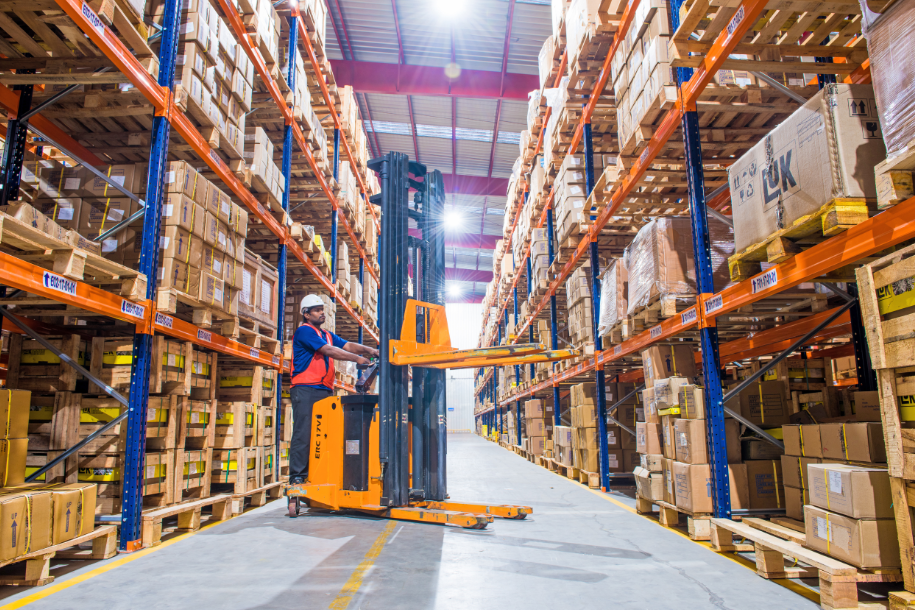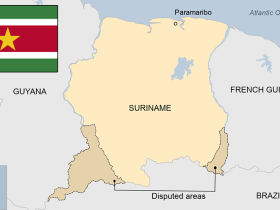
Product distribution companies in Tuvalu
Tuvalu, one of the world’s smallest nations, has a unique economy primarily driven by remittances, revenue from its “.tv” internet domain, and limited local production. The distribution network in Tuvalu is relatively modest due to its small population and geographic isolation. However, certain companies play critical roles in distributing essential goods and products to the islands. Here’s an overview of product distribution companies and related businesses in Tuvalu:
1. Tuvalu Cooperative Society (TCS)
The Tuvalu Cooperative Society is one of the key organizations managing the import and distribution of goods in Tuvalu. It operates stores on multiple islands and provides essential products such as food, household items, and fuel. The cooperative plays a significant role in ensuring communities have access to basic necessities, particularly in remote areas where logistics are challenging.
2. Government-Led Distribution Channels
The Government of Tuvalu facilitates the importation of crucial goods such as medical supplies, educational materials, and infrastructure equipment. These goods are distributed through state-run entities to ensure the needs of the population are met, especially during emergencies. Public procurement and partnerships with international aid agencies also contribute to product distribution.
3. Private Retailers and Small Businesses
Several small businesses and privately owned shops handle product distribution within the islands. These retailers import goods from neighboring countries such as Fiji, Australia, and New Zealand. They primarily focus on selling food items, clothing, and other everyday essentials to the local population. Due to limited market demand, most businesses operate on a small scale.
4. Shipping and Logistics Companies
Given Tuvalu’s reliance on imports, shipping companies are vital to its distribution network. Firms such as the Pacific Direct Line (PDL) and other regional maritime service providers deliver cargo to Tuvalu’s main port in Funafuti. These companies distribute products across the archipelago, often in partnership with local entities.
5. International Aid Organizations
International aid organizations such as the United Nations Development Programme (UNDP), the Asian Development Bank (ADB), and other NGOs play an important role in distributing specialized products, particularly in areas such as disaster relief and climate change adaptation. These organizations often provide logistical support to ensure the effective distribution of aid supplies to remote islands.
Challenges in Distribution
1. Geographic Isolation: Tuvalu’s location in the Pacific Ocean makes importing goods costly and time-consuming.
2. Limited Infrastructure: The lack of extensive warehousing and transportation infrastructure complicates distribution.
3. Small Market Size: The small population means limited demand, which discourages large-scale distribution operations.
4. Dependence on Imports: With minimal local production, nearly all goods must be imported, increasing costs and reliance on external suppliers.
Future Opportunities
Efforts to enhance Tuvalu’s product distribution networks are underway. Investments in port infrastructure, renewable energy systems, and digital technology may improve logistics efficiency. Furthermore, regional trade agreements with Pacific nations could reduce import costs and foster economic resilience.
In summary, product distribution in Tuvalu is managed by a combination of cooperative societies, small businesses, government initiatives, and international organizations. While the system faces challenges due to its isolation and limited scale, ongoing developments aim to enhance supply chain efficiency and ensure the availability of essential goods across the islands.






Leave a Reply